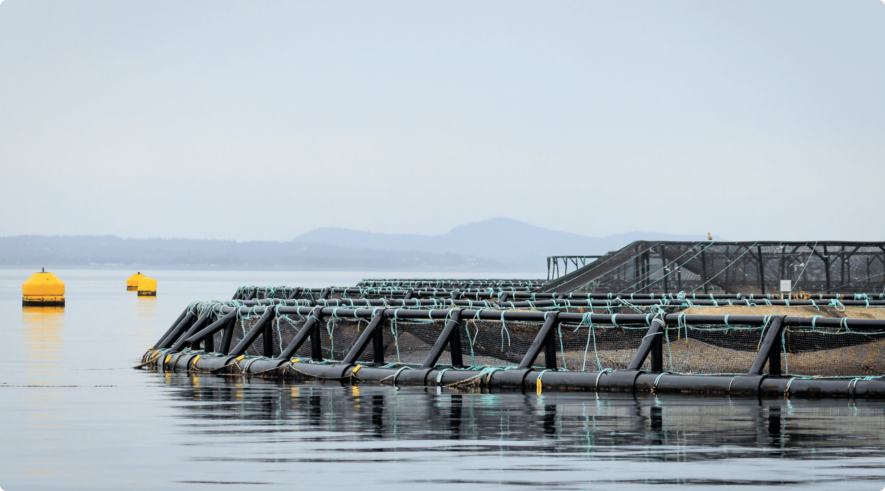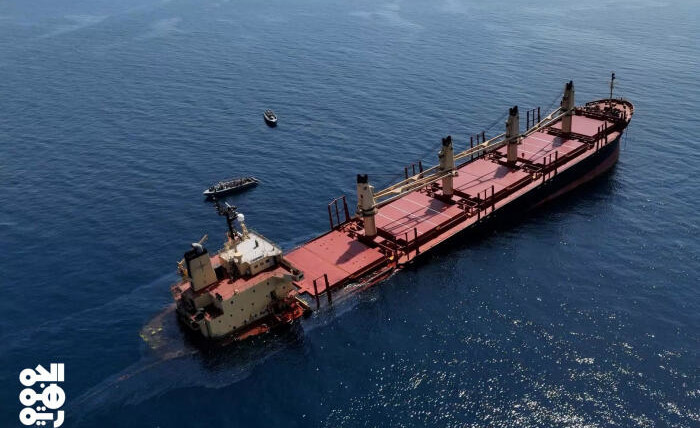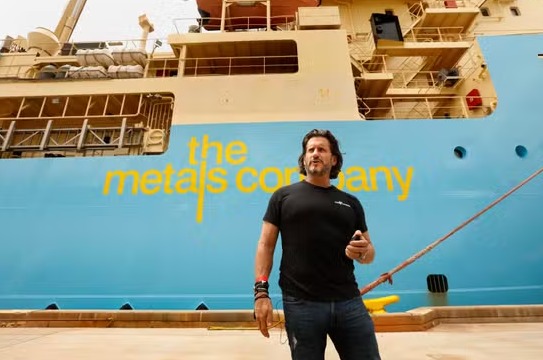The Government of Nova Scotia is working on developing a coastal aquaculture zone classification system. This classification aims to determine the aquaculture development potential of the coastal waters.
A public consultation is ongoing until March 15. Share your feedback to help shape the development of the coastal aquaculture classification system.
This consultation concerns the four main species for the province: Atlantic salmon, rainbow trout, blue mussels, and American oysters.
The Project
The final mapping will define areas suitable for different types of aquaculture. The study will be based on fish health, environmental protection, and consideration of other marine space users.
This interactive map will identify areas where aquaculture will be prohibited, such as regulated zones. It will also show anchoring zones, water depth, and temperature.
Benefits
According to the provincial government, aquaculture production is one of the fastest in the world for producing ready-to-consume products. On the government’s website, it is stated that in 2023, the aquaculture industry employed nearly 800 people and generated around $120 million annually in the provincial economy.
Aquaculture can fill the gap left by a decline in natural fish stocks worldwide.
Issues
Despite these benefits, it is important to be aware that industrial farms have significant environmental impacts.
In open-net aquaculture farms, species are selected for their rapid growth. Thousands of fish are confined in narrow spaces and can hardly swim. They weaken physically and become susceptible to parasites and diseases.
In the wild, these species are large migrators!
When wild salmon and sea trout species pass near these enclosures, they can be contaminated by diseases, such as sea lice. This biophysical stress reduces their lifespan.
Furthermore, when enclosures are damaged, some farmed fish escape. But these fish have lost the ability to survive in the wild. They can crossbreed with wild species and harm their populations. This crossbreeding generates species that are less resilient to climate change and their environment, and less reproductively viable.
According to the Atlantic Salmon Federation, in Newfoundland and Labrador, « salmon farming is a struggling industry, » « farm-raised salmon production peaked in 2016 and has declined since. At the same time, severe outbreaks have increased, and mortality rates have risen by more than 40 percent. Meanwhile, companies have left coves and beaches filled with industrial waste – broken plastic, polystyrene, nets, and even abandoned boats. » This finding is concerning.
Industrial oyster farming also has its consequences. Farmed oysters can be sterile for year-round commercial sales and can be exposed to pesticides and medications.
All these industrial activities can impact traditional and recreational fishing. They can also hinder pleasure boating and sports activities.
As always, it is the over-exploitation and industrialization that pose problems. In British Columbia and other places around the world, they are reversing this trend. It is up to the public to mobilize so that this issue does not occur in Nova Scotia or elsewhere in the world. The financial costs of trying to restore ecosystems afterward are enormous.
Traditional and family fisheries must continue to provide for local consumption.
Possible Alternative Solutions
Here are some ideas to submit in the government’s consultation. You can also share what matters most to you to preserve the waters of Nova Scotia.
Land-based Aquaculture is possible and exists in Nova Scotia. In this type of facility, fish are raised in closed tanks. The water is treated before being released into the environment or recycled in the case of sustainable aquaculture. Ultimately, this poses no risk to wild fish or coastal ecosystems.
This type of aquaculture does not lead to a loss of fishing zones, does not cause environmental damage to local wildlife and flora, and is a solution to maintain jobs.
Small-Scale Family Oyster Farming is vital to the local economy. Since oysters play a major role in filtering pollutants from water, it is imperative to maintain good water quality.
Protecting our coastal waters can be associated with the creation of innovative jobs.
Source: lecourrier




